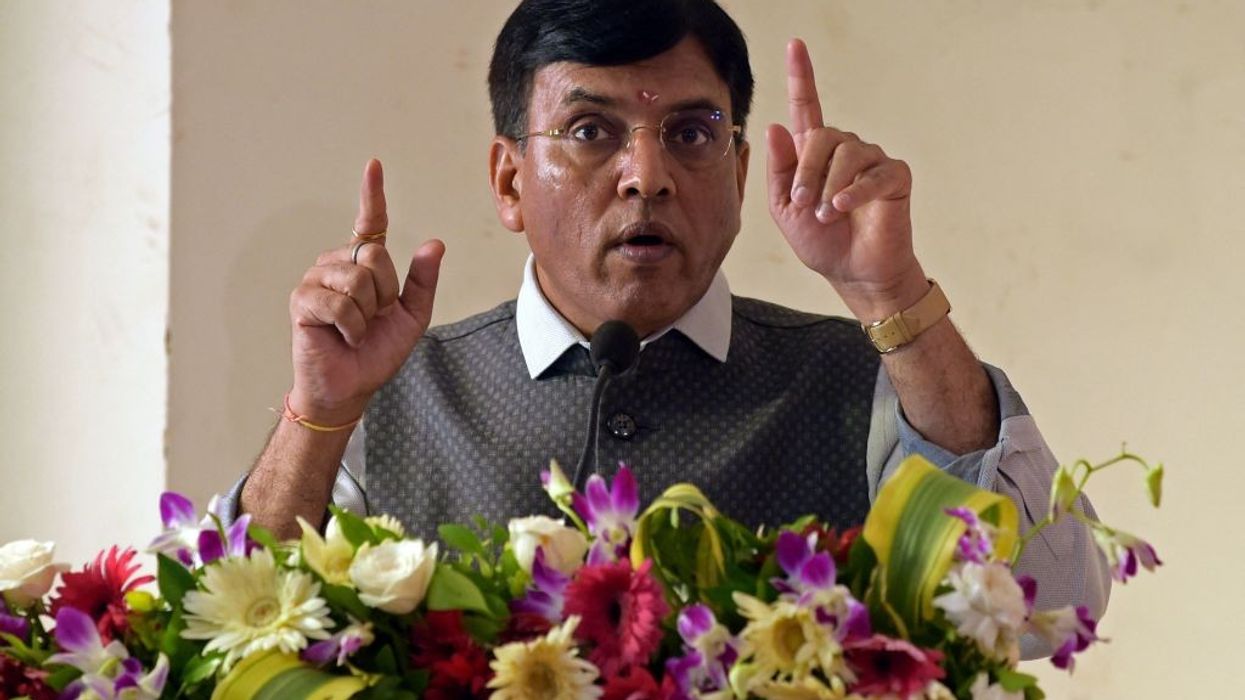India is considering a change to its pharmaceutical industry policy after cough syrups made in the country were linked to the deaths of children overseas, according to a document from Prime Minister Narendra Modi's office.
A brainstorming session was held in the southern Indian city of Hyderabad "to find a solution to exported cough syrups that killed children," Modi's office said in the document dated May 15.
Health minister Mansukh Mandaviya and federal and state regulators attended the session in February, according to a statement from the health ministry that did not mention cough syrups.
"Tweak in policy is mooted," the document from the prime minister's office said, adding that "important things" had been "overlooked". It did not elaborate.
A source with knowledge of the matter said the policy change could mean increased oversight of India's $41 billion pharmaceutical industry, which is the world's largest supplier of generic medicines.
Increased testing of cough syrups as well as of raw materials for drugs in general is one of the steps being considered, said the source.
The statement, which has not been previously reported, appears to be the first time the prime minister's office has addressed the cough syrup controversy. Modi's office and the health ministry did not respond to a request for comment.
India's drug regulator, the Central Drugs Standard Control Organisation (CDSCO), has proposed testing cough syrups in government laboratories before they are exported, News18.com reported on Tuesday (16).
The World Health Organization (WHO) found last year that cough syrups made by an Indian drugmaker contained dangerous levels of two known toxins, diethylene glycol and ethylene glycol, leading to the deaths of at least 70 children in Gambia. India denies a connection between the syrups and the deaths.
The WHO says it is still seeking the culprit within the supply chain, but has been frustrated in its efforts.
India has acted against a second Indian company whose cough syrups were linked to the deaths of 19 kids in Uzbekistan, including the arrest of three of its employees. A third Indian drugmaker was found by the WHO to have sold tainted syrups to the Marshall Islands and Micronesia.
Indian health officials have expressed concern that the incidents of contaminated syrups will harm its pharmaceutical industry. An Indian representative participated in a meeting of global drug regulators in Indonesia earlier this month to discuss ways to ensure the safety of the pharmaceutical supply chain.
"The participating authorities expressed their deep commitment for immediate, short, medium, and long-term actions to strengthen the regulatory systems in safeguarding patients from contamination in medicines," a WHO spokesperson said.
(Reuters)
India considers policy change after cough syrup deaths: Modi's office
A source with knowledge of the matter said the policy change could mean increased oversight of India’s $41 billion pharmaceutical industry




